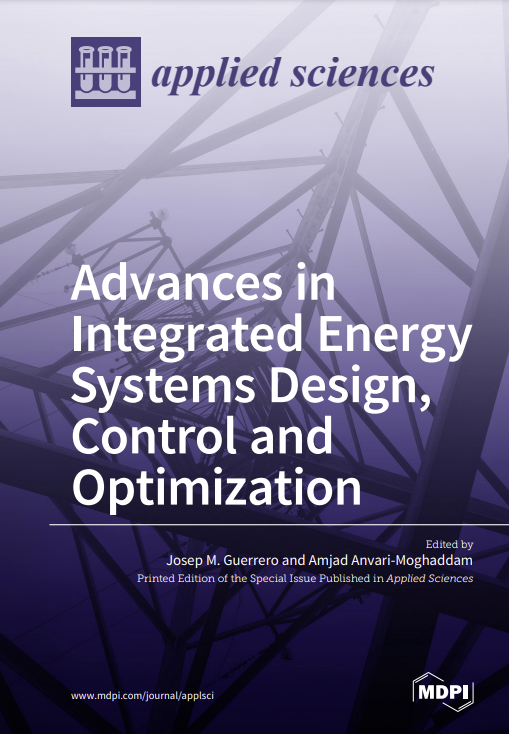Advances in Integrated Energy Systems Design, Control and Optimization
Editorial: MDPI
Licencia: Creative Commons (by-nc-nd)
Autor(es): Guerrero, Josep y Anvari, Amjad
In the face of climate change and resource scarcity, energy supply systems are on the verge of a major transformation, which mainly includes the introduction of new components and their integration into the existing infrastructures, new network configurations and reliable topologies, optimal design and novel operation schemes, and new incentives and business models. This revolution is affecting the current paradigm and demanding that energy systems be integrated into multi-carrier energy hubs. It is greatly increasing the interactions between today’s energy systems at various scales (ranging from the multinational, national, community scales down to the building level) and future intelligent energy systems, which are able to incorporate an increasing amount of often fluctuating, renewable energy sources (RESs). It also increases the need for the integration of energy storage options into the energy mix, not only to reduce the need for increased peak generation capacity, but also to enhance grid reliability and support higher penetration of RESs.
Moreover, this transformation is accommodating active participation of end-users as responsive prosumers at different scales, which in turn helps to reduce energy costs to all consumers, increase reliability of service and mitigate carbon footprints. However, this plan of action necessitates regulatory frameworks, strategic incentives and business models for efficient deployment.
[Basel: 2017]
Compartir:
Una vez que el usuario haya visto al menos un documento, este fragmento será visible.


